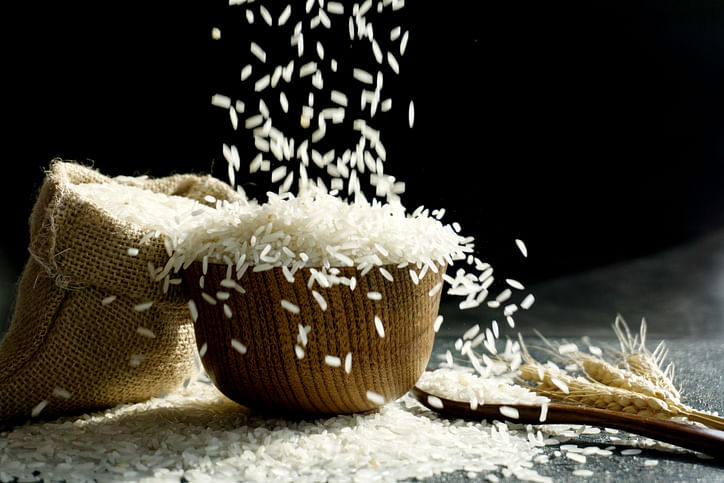
India has used the peace clause of the WTO to provide excess support measures to rice farmers for marketing year 2018-19 in order to meet the domestic food security needs of its poor population.
Under the Peace Clause, WTO members refrain from challenging any breach in prescribed subsidy ceiling given by a developing nation at the dispute settlement forum of the Geneva-based organisation.
Subsidies over and above the prescribed ceiling are seen as trade distorting. The limit is fixed at 10 per cent of the value of food production for developing countries like India.
In a notification, India has informed the World Trade Organisation (WTO) that the value of its rice production was USD 43.67 billion in 2018-19 and for that it provided subsidies worth USD 5 billion, which is in access of prescribed 10 per cent ceiling.
"India's breach of commitment for rice, a traditional staple food crop under a provision of the Agreement on Agriculture arises from support provided in pursuance of public stockholding programmes for food security purposes, which were in existence as of the date of the Bali Ministerial Decision on Public Stockholding for Food Security Purposes," the notification said.
It said that the country's for food security purposes (covering rice and a number of other commodities) have been consistently reported to the WTO.
The stocks under the programme are acquired and released in order to meet the domestic food security needs of India's poor and vulnerable population, and not to impede commercial trade or food security of others, the notification spublic stockholding programmesaid.
"For these reasons, the breach of the limits for rice is covered by the peace clause set out in the Bali Ministerial Decision on Public Stockholding for Food Security Purposes and the General Council Decision," it added.
Before the harvest during each Rabi / Kharif crop season, India announces the minimum support prices (MSP) for procurement on the basis of the recommendation of the Commission for Agricultural Costs and Prices (CACP), which along with other factors, takes into consideration the cost of various agricultural inputs and a reasonable margin for farmers for their produce.
The Centre and state governments, through their agencies such as Food Corporation of India (FCI), National Agricultural Cooperative Federation of India (NAFED) and others, procure foodgrains from farmers at the MSP in order to meet the overall demand of different welfare schemes.